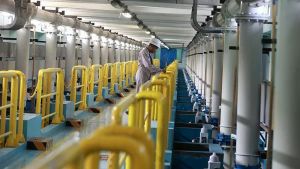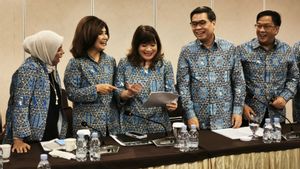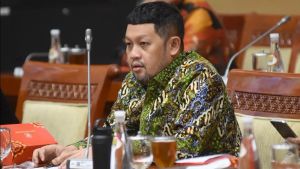PALU - The Natural Resources Conservation Agency (BKSDA) of Central Sulawesi Province (Sulteng) has appealed to residents not to feed and invite crocodiles to play with their habitat in the Palu River.
Head of BKSDA Central Sulawesi Province Hasmuni Hasmar said feeding and disturbing by inviting crocodiles to play in the Palu River could endanger the safety of people's lives because crocodiles are categorized as wild and wild animals.
"In hot weather, crocodiles usually bask on the shallow surface of the river. When they are sunbathing, people gather to play and feed the chickens. When they are fed, the crocodile will remember where it was fed and will always come there to be fed. That can be dangerous. residents' safety," he said, quoted by Antara, Monday, February 21.
He said the crocodiles in the Palu River did not need to be fed because in the Palu River there was food for these animals. In addition, crocodiles should not be invited to play because what the residents do even though the intention is to invite them to play is considered by the crocodiles as a threat.
If they feel threatened, the crocodile will fight or protect it by attacking it.
"If the crocodile comes out of its habitat in the Palu River and climbs into the settlement, it threatens the safety and security of the residents, so we will shoot it. But if the crocodile just basks on the shallow surface of the river and then comes the residents to disturb it, then it's the people's fault," he said.
Therefore, Hasmuni stated that his party provided socialization and appeals to residents, especially those living on the banks of the river so that they would not be careless and always be alert so that unwanted things did not happen such as being victims of crocodile attacks.
In addition, his party also put up danger signs and prohibits activities at a number of points on the Palu River and Palu Bay because they are locations for crocodiles to roam to avoid the threat of crocodile attacks.
"Based on the results of the 2018 study, there are 36 crocodiles that live and live and breed in the Palu River. Some time ago five tails have been caught so that until now there are 31 tails left," he added.
The English, Chinese, Japanese, Arabic, and French versions are automatically generated by the AI. So there may still be inaccuracies in translating, please always see Indonesian as our main language. (system supported by DigitalSiber.id)













